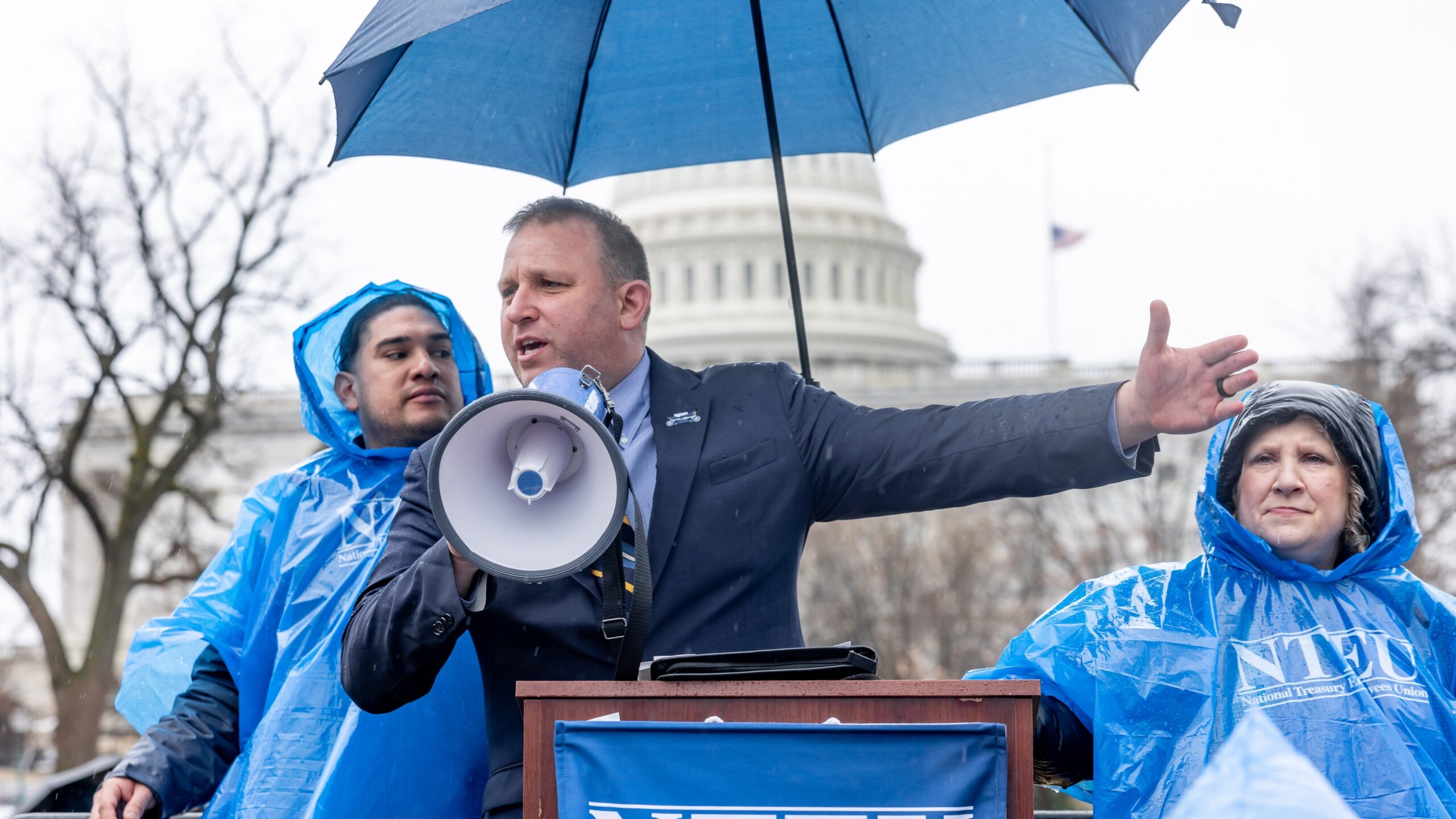NFFE-IAM members have a right to be reasonably accommodated at the workplace, and have a right to be free of any discrimination, because of their medical disability or perceived disability.
The federal government’s stated goal is to be a model employer for those workers who live with differing abilities and disabilities. Section 501 of the Rehabilitation Act prohibits federal agencies from discriminating against job applicants and employees based on disability and requires agencies to engage in affirmative action for individuals with disabilities.
For the purposes of federal employment, the term "disability" means the same thing as under the Americans with Disabilities Act (“ADA”). The ADA's definition of "disability" is very broad. It includes many kinds of mental and physical medical conditions. A condition does not have to be permanent or severe to be an ADA disability. The term “disability” is defined as a physical or mental impairment that substantially limits one or more major life activities; a record (or past history) of such an impairment; or being regarded as having a disability.
The federal government has also acknowledged that qualified individuals with certain disabilities, particularly manifest disabilities, face significant barriers to employment, above and beyond the barriers faced by people with the broader range of disabilities. These are referred to as “targeted disabilities”. Targeted Disabilities are:
- developmental disabilities, for example, cerebral palsy or autism spectrum disorder;
- traumatic brain injuries;
- deafness or serious difficulty hearing, benefiting from, for example, American Sign Language;
- blindness or serious difficulty seeing even when wearing glasses;
- missing extremities (arm, leg, hand and/or foot);
- significant mobility impairments, benefitting from the utilization of a wheelchair, scooter, walker, leg brace(s) and/or other supports;
- partial or complete paralysis (any cause);
- epilepsy and other seizure disorders;
- intellectual disabilities (formerly described as mental retardation);
- significant psychiatric disorders, for example, bipolar disorder, schizophrenia, PTSD, or major depression;
- dwarfism; and
- significant disfigurement, for example, disfigurements caused by burns, wounds, accidents, or congenital disorders.
Federal workers are not required to identify themselves as having a disability. Workers with a disability are invited to identify themselves. The information about a worker’s disability must be treated confidentially and used only for affirmative action.
It is illegal to harass an applicant or employee on the basis of their disability (or perceived or past disability) Harassment can include, for example, offensive remarks about a person's disability. The law forbids discrimination when it comes to any aspect of employment, including hiring, firing, pay, job assignments, promotions, layoff, training, fringe benefits, and any other term or condition of employment.
The law requires an agency to provide reasonable accommodation to an employee or job applicant with a disability, unless doing so would cause significant difficulty or expense. A reasonable accommodation is any change in the work environment (or in the way things are usually done) to help a person with a disability apply for a job, perform the duties of a job, or enjoy the benefits and privileges of employment. Reasonable accommodation might include, for example, making the workplace accessible for wheelchair users or providing a reader or interpreter for someone who is blind or hearing impaired. Reasonable accommodations may also include reassignment to another position or changes to a worker’s schedule – among other accommodations.
The process to evaluate a potential reasonable accommodation for a federal worker is complex. If you believe you should receive a reasonable accommodation for a disability, contact your local union officers or steward to discuss the process and consult your collectively bargained agreement (“CBA” or “contract”).


